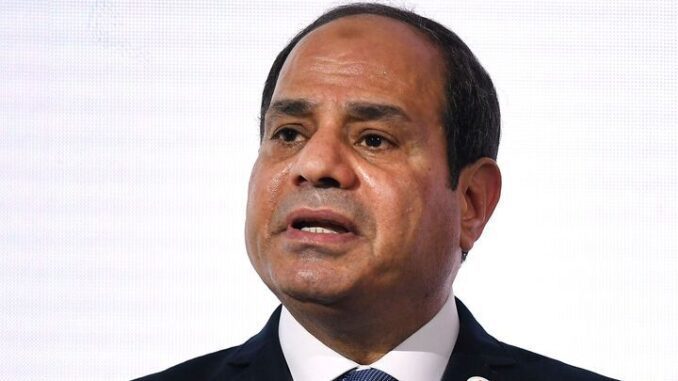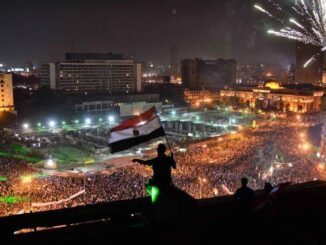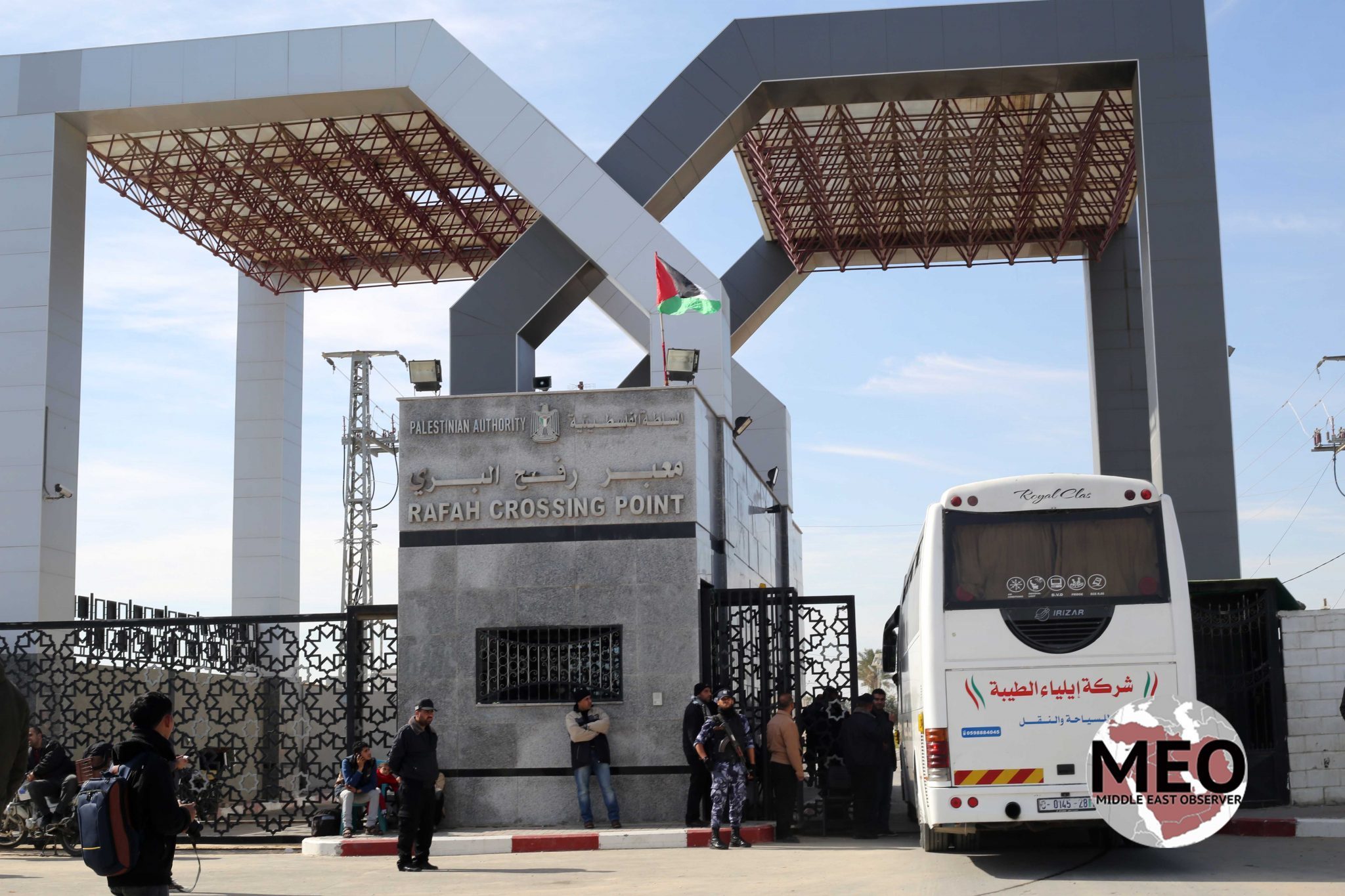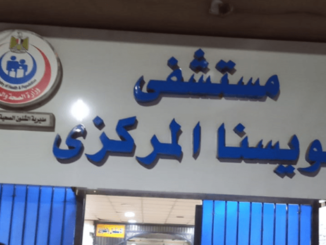
Egypt is considering holding presidential elections before the end of 2023, according to people familiar with the matter, an earlier than expected date as the North African nation of 105 million people grapples with its worst economic crisis in years, reported Bloomberg.
Under the mooted plans, candidate registrations would begin in October with the vote held in early December, said the people, who asked not to be identified as they aren’t authorized to speak on the matter. That time-line reflects the current thinking and may change.
While there’s been no official date announced, Egyptian state media has typically made reference to a vote in 2024, when President Abdel-Fattah al-Sisi’s current term ends.
The 68-year-old leader, who was first elected in 2014, hasn’t yet said whether he’ll run a third time, but is widely predicted to do so and win.
The election planning takes place as the country is mired in an economic maelstrom that’s seen inflation surge to a record high and left millions of Egyptians struggling to get by. Authorities agreed a US$3 billion rescue package with the International Monetary Fund (IMF) last year.
However much of a foregone conclusion a presidential vote may be, subjecting the government to public judgment this year may make it more difficult for authorities to speedily enact reforms sought by the IMF, including a truly flexible currency regime.
The IMF is insisting on the step, as well as more sales from a wide-ranging offering of state assets, before it signs off on a delayed program review and releases the second and third tranches of its loan.
FX Shortage
Egypt has devalued the pound three times since early 2022, leading it to lose almost half its value against the dollar. But the country is still suffering from a deep shortage of foreign exchange.
The currency has been stable on the official market for months at around 30.9 per dollar, but trades on the black market roughly 20 percent weaker at around 39.5, underscoring the scarcity of dollars. El-Sisi in June warned the nation wouldn’t be able to tolerate much more weakening of the pound.
The National Election Authority in August convened a meeting for what it called logistical preparations and special arrangements for the ballot, saying a timetable would be announced “soon.”
That same month, an alliance of 40 political parties announced they backed Sisi seeking a third term. Banners by some of the parties have begun appearing on Cairo’s streets and bridges proclaiming their support for the president in elections.
According to Egypt’s constitution, the election process must begin at least 120 days before the end of the current president’s term. The results should be announced a minimum of 30 days prior to the end.
Sisi took office a year after leading a military-backed popular uprising that ousted his Islamist predecessor, Mohamed Mursi. He won a second term in 2018 after all serious challengers either bowed out, or were disqualified. His last-minute rival was an ardent supporter who won less than 4 percent of the vote.
Egypt’s parliament in 2019 overwhelmingly approved constitutional amendments, including one that would allow El-Sisi to remain in power through 2030. The change, which extended the presidential term to 6 years from 4, was approved by Egyptian voters in a referendum.
While Egypt has seen significant spending on infrastructure and affordable housing under the leadership of the career military officer-turned-president, critics say investment in public services has fallen far short of what’s needed and questioned the worth of showpiece mega-projects.



